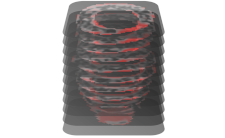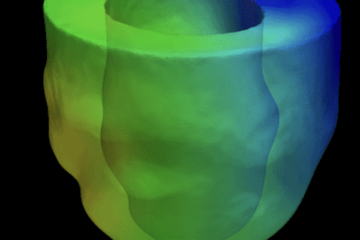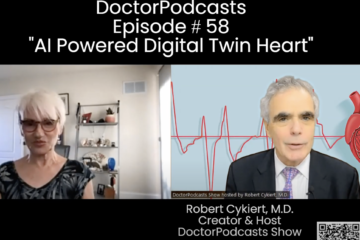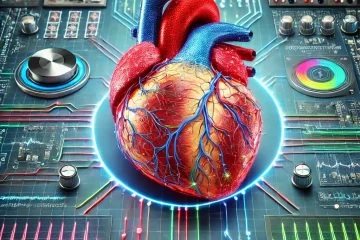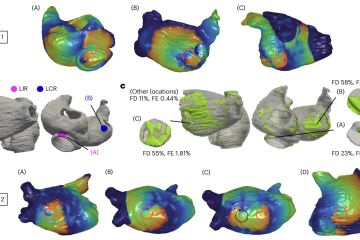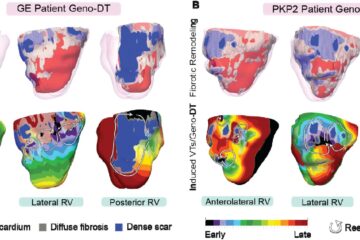AI predicts patients likely to die of sudden cardiac arrest
Researchers in the Trayanova Lab at Johns Hopkins University, led by ADVANCE member Dr. Natalia Trayanova, as well as ADVANCE members from the Johns Hopkins School of Medicine and other collaborators, have developed a new AI tool that significantly improves prediction of sudden cardiac death in patients with hypertrophic cardiomyopathy. Read more…
